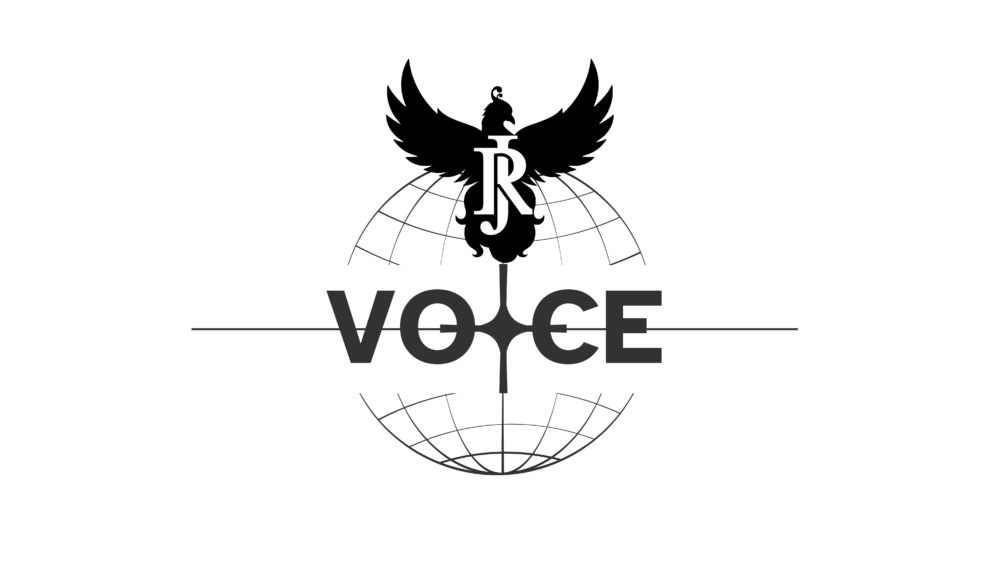U.S. Secretary of Defense Pete Hegseth is set to travel to Panama early next week to participate in the annual Central American Security Conference (CENTSEC), the Pentagon confirmed on Friday. The visit comes at a time of heightened geopolitical focus on the Panama Canal and increasing concerns about foreign influence over this critical global trade route.
According to a statement from Pentagon spokesperson Sean Parnell, Secretary Hegseth’s visit will include bilateral meetings with Panamanian and other Central American defense and security officials. The primary objective is to “drive ongoing efforts to strengthen our partnerships with Panama and other Central American nations toward our shared vision for a peaceful and secure Western Hemisphere.”
The Central American Security Conference, organized by the U.S. Southern Command, is a recurring forum that brings together defence leaders from across the region to address pressing security challenges, including narcotics trafficking, organised crime, human migration, and maritime security.
Strategic Focus on the Panama Canal
Secretary Hegseth’s trip takes on added significance given recent statements by President Donald Trump regarding the Panama Canal. In multiple public remarks, Trump has suggested the United States should “take back” the canal, which it handed over to Panama in 1999 after nearly a century of control. “We didn’t give it to China; we gave it to Panama, and we’re taking it back,” Trump said at a recent rally, sparking both domestic and international discussion over U.S. intentions in the region.
Though the administration has not provided specific plans or policy proposals regarding the canal, the comments reflect mounting concerns in Washington over China’s growing economic footprint in Panama and other key Latin American infrastructure. Chinese companies have been involved in numerous projects in the country, including port development near the canal and logistical operations, prompting U.S. fears of strategic encroachment.
U.S. Panama Relations Under Scrutiny
Panamanian officials have pushed back against the idea that the canal is under foreign control, reiterating that the Panama Canal Authority operates independently and is a symbol of national sovereignty. “The canal belongs to Panama, and its operation is in Panamanian hands,” a government spokesperson said in response to President Trump’s comments. The spokesperson also emphasized Panama’s continued cooperation with international partners, including the United States.
Secretary Hegseth’s visit is expected to include discussions with Panamanian defence leaders on regional security issues as well as assurances that the U.S. respects Panama’s sovereignty while maintaining interest in the stability and openness of global shipping routes.
Geopolitical Tensions and Broader Implications
The timing of the visit also comes amid a broader recalibration of U.S. foreign and defense policy in Latin America. Analysts suggest the Hegseth visit signals a renewed push by Washington to counterbalance growing Chinese and Russian influence in the region through diplomacy, military partnerships, and economic cooperation.
The Panama Canal remains one of the world’s most strategic assets, facilitating about 5% of all global maritime trade. In the year ending September 2024, the U.K. Office for National Statistics reported that British car exports to the U.S., much of which transit the canal, were worth over £8.3 billion.
Further complicating the geopolitical landscape is the deteriorating security situation in several Central American nations, which continues to fuel mass migration and destabilize local economies. CENTSEC will also serve as a platform to address these challenges and explore cooperative solutions.
Looking Ahead
While no immediate announcements are expected from Hegseth’s trip, the visit underscores Washington’s growing focus on Latin America as a front line in global strategic competition. With the Panama Canal increasingly viewed as more than just a commercial chokepoint, future U.S. engagement with Panama may carry significant diplomatic and security implications.
The Department of Defence has stated that updates from the trip, including summaries of bilateral meetings, will be released following the conference.































































